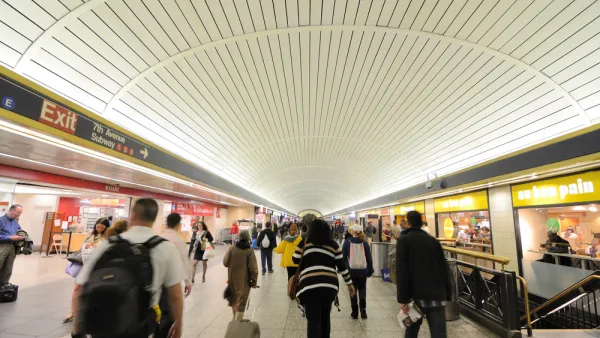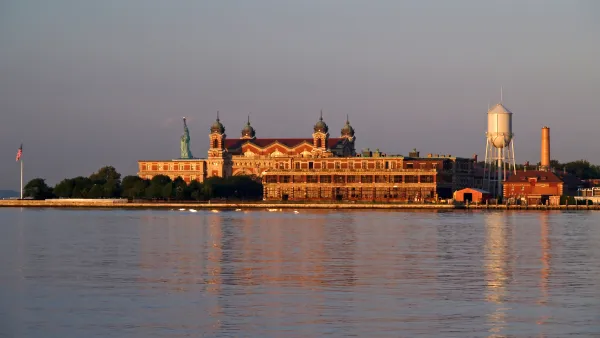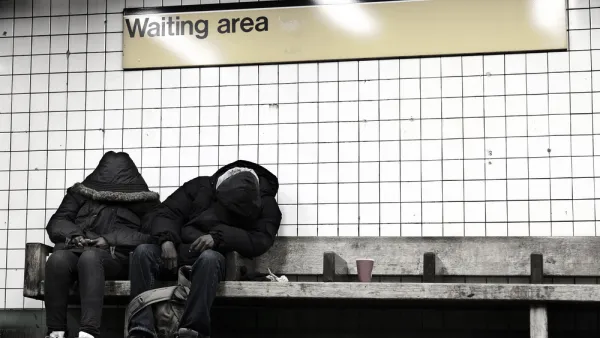Because of an acute shortage in accommodations for the city's homeless, NYC's Department of Homeless Services (DHS) is willing to pay exorbitant sums to house the needy in privately owned buildings. The practice is not without its critics.
Joseph Berger spotlights the DHS's lucrative practice of subsidizing the private operational of homeless shelters, which has persuaded landlords such as Alan Lapes, who owns or leases about 20 of the 231 shelters citywide, to convert their buildings (often one room at a time) into shelters.
"With the number of homeless people rising to 30-year record levels — over 47,216 people as of early this month, 20,000 of them children — the city has struggled to find landlords willing to accommodate a population that includes people with mental health and substance abuse problems. So the city has resorted to housing adults in single-room-occupancy buildings originally designed for long-term residents who pay stabilized rents," explains Berger.
"Most of the other shelters and residences are run by the city or by nonprofit agencies, but [Lapes's] operation is profit-making, prompting criticism from advocates for the homeless and elected officials."
"Mr. Lapes has lately stirred anger for his contracts through the Department of Homeless Services. More than 200 residents and elected officials packed a community meeting last week to express outrage at the transformation of two buildings he owns on West 95th Street into homeless shelters, without the usual public and legislative scrutiny."
“The city needs to make sure there’s affordable housing instead of waiting for shysters to come forward to make thousands of dollars off these poor unfortunate people,” State Assemblywoman Linda B. Rosenthal, a Manhattan Democrat, said at the meeting, promising to push for reforms. “Getting rid of the profit motive will reduce some of the bad actors.”
FULL STORY: For Some Landlords, Real Money in the Homeless

Analysis: Cybertruck Fatality Rate Far Exceeds That of Ford Pinto
The Tesla Cybertruck was recalled seven times last year.

National Parks Layoffs Will Cause Communities to Lose Billions
Thousands of essential park workers were laid off this week, just before the busy spring break season.

Retro-silient?: America’s First “Eco-burb,” The Woodlands Turns 50
A master-planned community north of Houston offers lessons on green infrastructure and resilient design, but falls short of its founder’s lofty affordability and walkability goals.

Test News Post 1
This is a summary

Analysis: Cybertruck Fatality Rate Far Exceeds That of Ford Pinto
The Tesla Cybertruck was recalled seven times last year.

Test News Headline 46
Test for the image on the front page.
Urban Design for Planners 1: Software Tools
This six-course series explores essential urban design concepts using open source software and equips planners with the tools they need to participate fully in the urban design process.
Planning for Universal Design
Learn the tools for implementing Universal Design in planning regulations.
EMC Planning Group, Inc.
Planetizen
Planetizen
Mpact (formerly Rail~Volution)
Great Falls Development Authority, Inc.
HUDs Office of Policy Development and Research
NYU Wagner Graduate School of Public Service




























